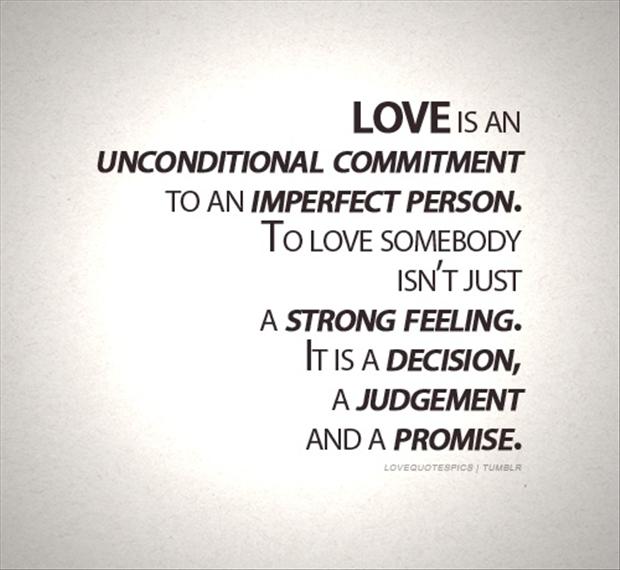
I remember when my oldest son was placed into my arms for the first time. He was perfect. His bald head, little ears and those first signs of dimples took my breath away. I knew he would be the most wonderful, perfect little boy the world has ever seen.
It wasn't until I looked at the newborn pictures of him months later did I notice the bright red marks from the forceps on his cheeks and his misshapen head. In my memory he was flawless because I was looking at him with my heart.
As parents, it is so easy to overlook the flaws because our hearts are so abundant with love. I think this is like putting on an amazing pair of "beer goggles" that can last for years. And sometimes it is not until we look back on a situation do we realize perhaps something was off. Perhaps there actually were signs of an issue.
While looking at our children with our hearts is a beautiful part of parenthood, there is a problem with only seeing your child through those magical goggles. If you refuse to acknowledge, or consider the possibility that your child is not actually the first perfect human in existence, you may get smacked in the face with the truth that EVERY human being, including your child, has flaws and struggles with something.
You may be shocked to hear your child's teacher or daycare provider tell you that there is a potential learning disability, a possibility of ADHD, an impulse control issue, a delay in motor skills, social or emotional delays, or a speech delay. Maybe your child's caretaker is able to see developmental red flags you can not or maybe do not want to see.
Does this mean you are a bad parent because you didn't know or notice anything? Absolutely not. It just means you haven't yet made the realization that the path from childhood to adulthood may encounter hurdles and struggles for you and your child.
I have dealt with this situation as both a parent and a daycare provider. I have sat across the table from a teacher and been told that my child's fine motor skills needed strengthening, a second teacher told me that my child needed to be evaluated for a reading-related learning disability. A third teacher told me that I should be aware that my child's level of activity and propensity for getting attention may be a cause for concern and should be monitored and perhaps evaluated for ADD/ADHD.
As a child care provider, I have been the person to inform a parent that I am noticing red flags about development. I am not a doctor or a specialist in these areas, so if I notice anything I always recommend further screenings with their doctor or a developmental specialist/early intervention program.
Sitting on both sides of these scenarios makes the bottom of my stomach fall out. I understand this is what a quality provider and teacher has to do. We speak up because we care and it is part of our job. I would never say anything without cause because I understand that these conversations can sometimes rock a parents' world.
As a parent it is easy to go into a state of denial. You may become angry and defiant. HOW DARE SHE TELL ME THIS ABOUT MY CHILD? You may even go back through your memories and try to find examples that disprove what you are being told.
It is easy to dismiss and ignore the advice for further testing. It is easy to believe it is a mistake. And sometimes, it does turn out to be nothing. For some children, these delays work themselves out with time. But, for others waiting just sets these children further behind. Sometimes the best thing you can do for your child is err on the side of caution. What you decide to do or not do can affect your child's ability to be successful as they grow, especially in school.
I have known child care providers who refuse to say anything because some parents get vicious and choose to leave at the first mention of a potential problem only to be told the same thing years later by other educators. To me, these are years wasted. This is just sweeping a problem under the rug. This is no longer seeing your child with your heart. This crosses the line into choosing to be blind.
Your child is not perfect and that is okay because you're not perfect. We are a total sum of our strengths AND weaknesses. It should not be a source of embarrassment or seem like a failure. And you should never blame yourself or your child. Sometimes there isn't a reason why.
Getting help and being open to hearing what your child's caretaker or teacher is noticing is the sign of a good parent. You should never be afraid to remove those glasses and have true acceptance because behind the fantasy is your real child -- that perfectly imperfect baby that was placed into your arms and stole your heart.

This post originally appeared on Tiny Steps Mommy.